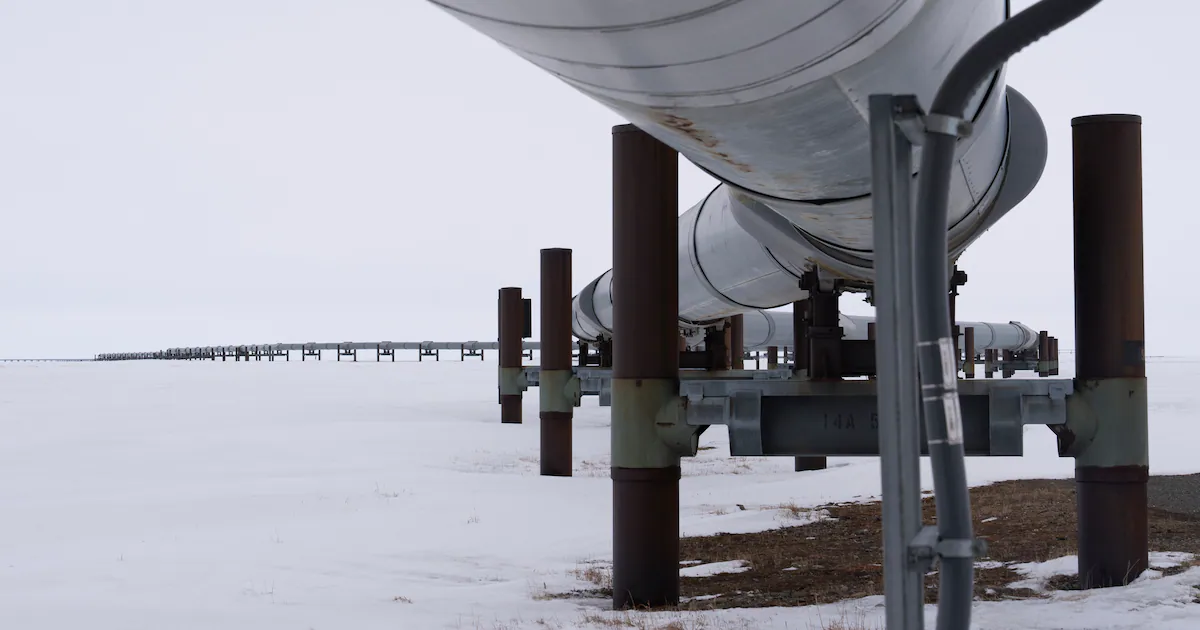Copyright Anchorage Daily News

We have a significant opportunity to make Alaska more competitive in the upcoming legislative session. Substantial overfunding of the longstanding Unemployment Insurance (UI) program enables us to create a new Paid Parental Leave program, cut employer taxes and restore the purchasing power of UI benefits for laid-off workers. Due to Alaska’s highly seasonal construction, oil and gas workforce, these UI reforms would be a huge boost for our pipeline workforce and resource developers. That’s what House Bill 193 would do, and we hope you’ll join us in working on this important pro-business, pro-worker, pro-family legislation. It is rare to have the opportunity to improve worker benefits and cut employer taxes at the same time. It’s worth reviewing existing law and how we got here. Today, employers pay 1% in unemployment insurance taxes. Alaska is one of only three states in which workers also contribute to UI. Our legislation would redirect workers’ UI contributions and a portion of employers’ contributions to a new Paid Parental Leave fund. This would allow the establishment of eight to 26 weeks of paid parental leave, with benefits growing as the fund grows over time. With the UI trust fund so overfunded, we can also cut employer taxes by 20% while maintaining the fund’s solvency. You’re probably wondering, how does the math work out? It is critical that we get the actuarial modeling right, and we are appreciative of the Department of Labor and Workforce Development leadership (DOLWD) and the DOLWD actuary who have joined us at multiple committee meetings and modeled different UI and Paid Parental Leave options to ensure they are fiscally sound. Based on modeling from DOLWD (which is independent of our offices and nonpartisan), the proposed changes in HB 193 would ensure UI will be appropriately funded even if we suffered another Great Recession or a Covid-scale unemployment event. The trust fund must remain solvent even under the worst economic circumstances imaginable. Why is Paid Parental Leave so important for Alaska’s competitiveness? Unfortunately, we have been losing Alaskans ages 20 to 40 over the last decade, and a primary driver of outmigration is the population loss of those starting or planning families. Since this group is essential for our workforce, the loss of younger working Alaskans is also crippling our businesses. Polling indicates that Paid Parental Leave is the strongest motivator among young people considering where to live long-term and raise a family. There are many things we can and should do as a state to recruit and retain young families, such as providing good schools and a strong police force. In addition to those must-haves, Paid Parental Leave is the kind of benefit that can set Alaska apart from other states and make us a desirable place to live for parents planning to grow their families. Alaska continues to rely on construction and oil and gas development, both for our economy and state revenue. Unfortunately, we face serious workforce challenges, including in hiring skilled pipefitters and other trades workers to expand our North Slope road and pipeline infrastructure and bring new reservoirs online. During the shoulder seasons, these workers generally depend on UI. Since the exact time ice road construction can start and the exact duration of pipeline construction are uncertain, workers don’t know how many weeks in a year they’ll be working versus collecting unemployment. Unfortunately, decades of decline in the real value of UI benefits are pushing Alaskans out of our state (many states have UI benefits that are twice as high) and out of the construction, oil and gas industry. That’s where HB 193 would make huge strides toward expanding and stabilizing our supply of skilled trades workers — by modernizing the weekly UI benefits to be competitive with other states. HB 193 would significantly enhance our state’s competitiveness at no additional cost to working people. It cuts costs for employers, increases benefits to hard-working Alaska families, and finally makes us a more attractive place for young people to raise kids. An additional positive note — especially in a world rife with political division — HB193 has strong bipartisan support. Carolyn Hall and Zack Fields co-chair the House Labor and Commerce Committee, which has developed and held numerous hearings on HB 193. The bill is currently in the House Finance Committee.



